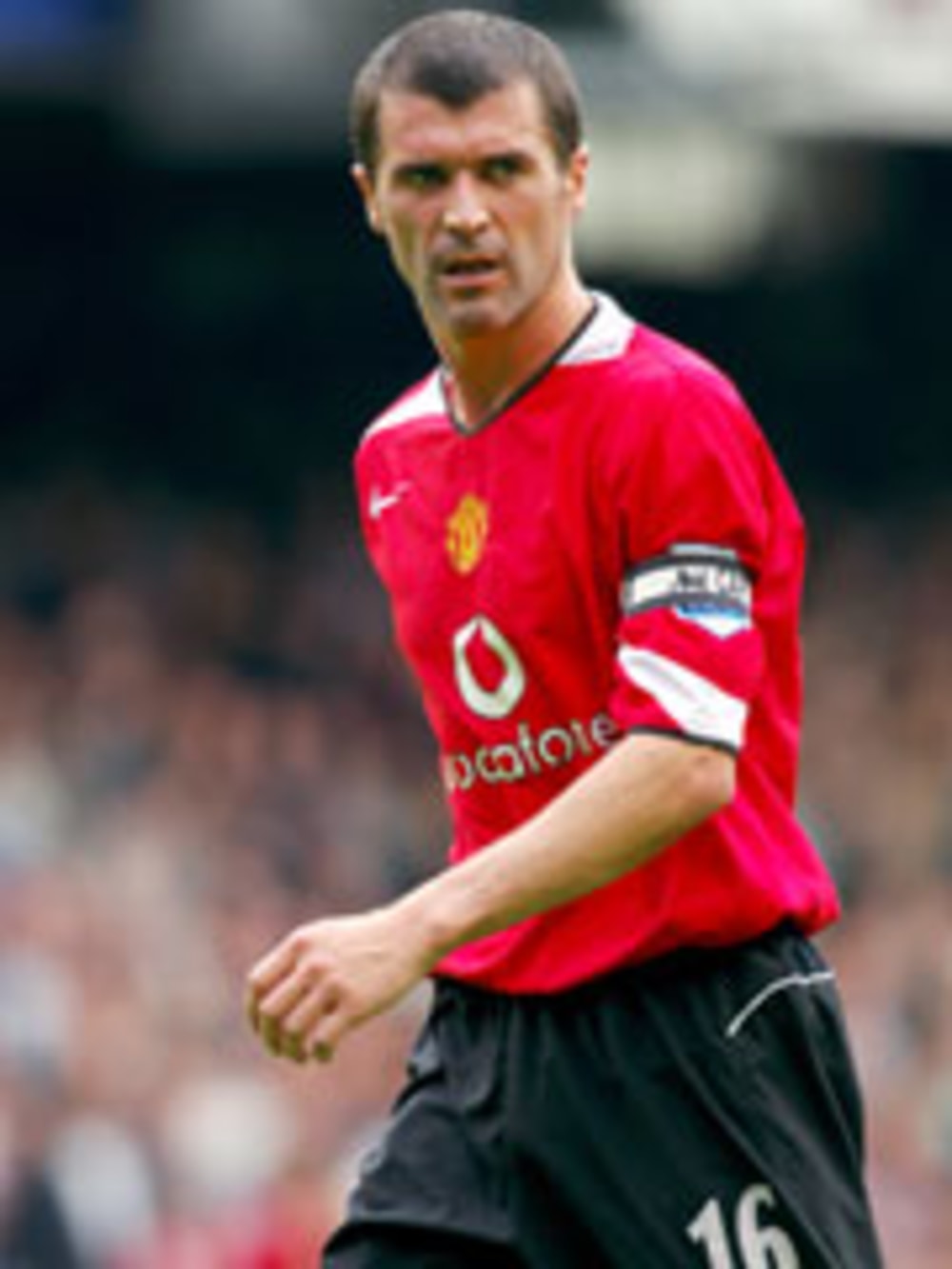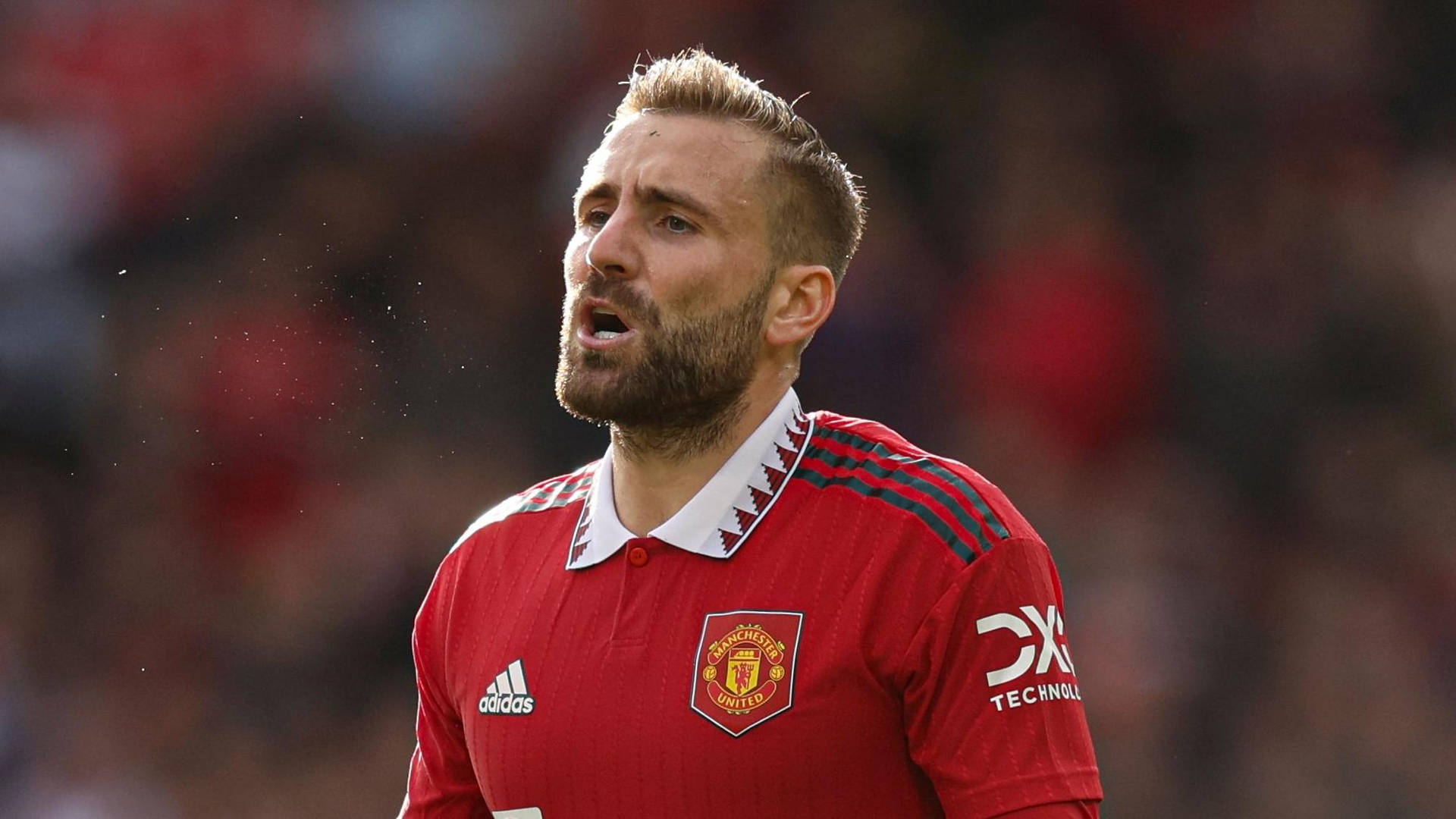
Introduction
Roy Keane is more than just a name; he is an institution in the world of football. Renowned for his tenacity, leadership, and undying passion for the game, Keane’s contributions extend well beyond his years on the pitch. As a player and manager, his influence is still felt today, making him one of the most significant figures in modern football.
Early Life and Career
Born on August 10, 1971, in Cork, Ireland, Roy Keane began his football journey at a young age, playing for local sides before joining the youth academy at Cobh Ramblers. His talent was undeniable, which led to a move to Nottingham Forest in 1990, where he quickly climbed the ranks, showcasing remarkable skills and a fierce competitive spirit.
Glorious Years at Manchester United
In 1993, Keane’s career reached new heights when he signed with Manchester United for a then-record fee of £3.75 million. Under the guidance of Sir Alex Ferguson, Keane became the heart of the United squad, winning numerous titles, including seven Premier League championships and the UEFA Champions League in 1999. His infamous midfield battles, particularly alongside players like Paul Scholes and Ryan Giggs, solidified Keane’s reputation as a formidable force on the field.
Management and Controversy
After retiring from professional play in 2006, Keane transitioned into management, taking charge of Sunderland in 2006 and later Ipswich Town. While his managerial career has seen its ups and downs, his approach—emphasising hard work and discipline—reflects his playing philosophy. His fiery temperament, however, has often sparked controversy, mirroring the intensity he brought to his playing days.
Recent Contributions and Media Presence
In recent years, Keane has become a prominent football pundit, known for his candid and often controversial opinions. His work with ITV and as a key part of the punditry on Sky Sports has kept him in the public spotlight, allowing fans to reconnect with his sharp insights into the game. His commentary reflects not only a wealth of experience but also a passion for the sport that remains undiminished.
Conclusion
Roy Keane remains a footballing icon whose impact goes beyond mere statistics and trophies. His journey—a mix of triumph, strife, and unyielding spirit—offers valuable lessons for aspiring athletes and fans alike. As the landscape of football continues to evolve, Keane’s legacy as a player, manager, and pundit stands firm, ensuring he will be remembered as one of the greats in the sport’s history.
You may also like

Luke Shaw: The Rise and Impact of a United Star

Amad Diallo: The Rising Star of Manchester United
